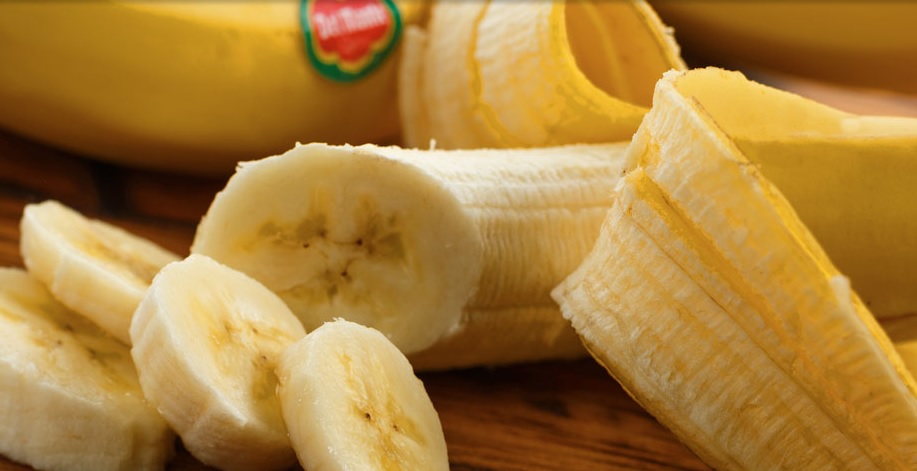Fresh Del Monte signs on to Pacific Coast Food Waste Commitment

The Pacific Coast Food Waste Commitment (PCFWC) has announced that Fresh Del Monte is the first grower to sign on to its goal of reducing and preventing food waste by 50% along the West Coast of the United States by 2030 as a climate change solution.
The partnership builds on the long-standing efforts of the company to reduce food loss and waste throughout its operations while continuing its globally recognized work in sustainability. In 2021, Fresh Del Monte diverted 95% of its food waste from landfill and reduced the total amount of its food waste produced by 13% from the previous year.
The PCFWC is one of the largest public-private partnerships dedicated to food waste reduction, bringing together food businesses and local jurisdictions on the West Coast to reduce food waste in accordance with national and international sustainability targets.
Fresh Del Monte's participation will enhance the efforts of the PCFWC through their work to reduce food waste throughout their own operations and through their influence on suppliers and other partners throughout the value chain.
Food waste is a key driver of the climate crisis and is responsible for 4% of all greenhouse gas emissions in the U.S. – the same amount generated by 21% of cars on the road.
Importantly, this announcement will pave the way for collaboration among other food brands on the West Coast and sends a strong signal to the industry that when businesses work together through the sharing of data and best practices in a pre-competitive format, overall progress will happen much faster.
"Sustainability is woven into the fabric of everything we do at Fresh Del Monte Produce Inc., and mitigating food waste has always been an important part of that," said Hans Sauter, SVP of Research and Development and Chief Sustainability Officer at Fresh Del Monte.
"We're thrilled to join the PCFWC and to work collaboratively with other signatories across the Pacific Coast — a region that is particularly special to us because of our farming and processing facilities in California and Arizona and our use of Port Hueneme in California, which is one of our most important logistical hubs in North America."












































